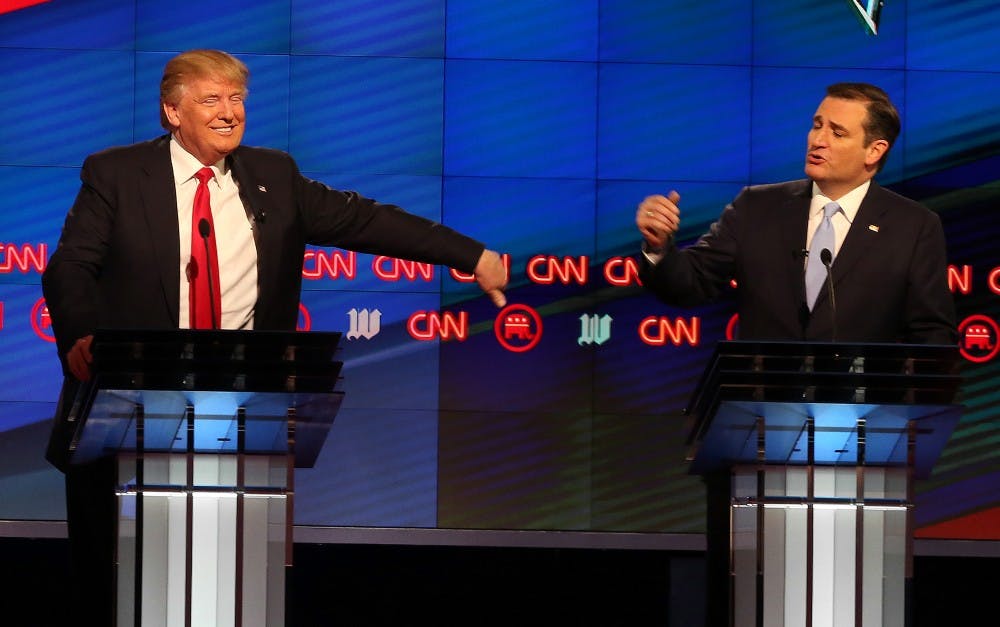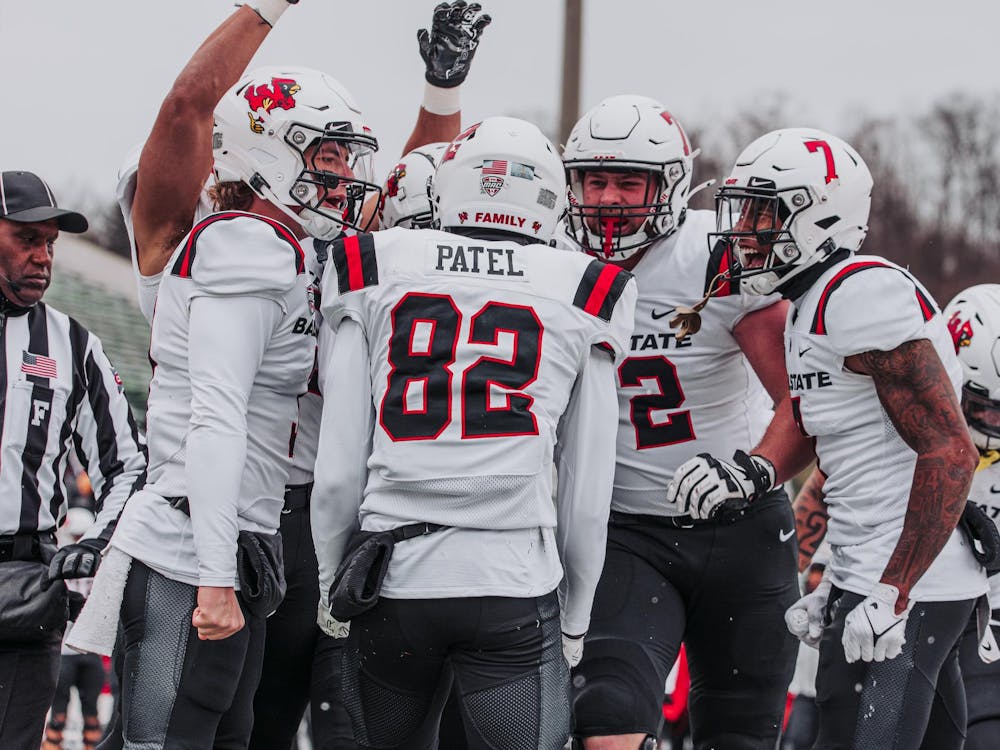Vulgar language is playing a big part in this year’s presidential primaries, which could help politicians gain support, a political science professor said.
Daniel Reagan, chairperson of the Department of Political Science, said when voters are angry and upset, they side with candidates who are as well.
“When there’s people angry enough, … vulgar language maybe resonates more than it would if there weren’t so many people who were so upset,” Reagan said. “I think that there’s a lot of things going on in American political and economic life right now, leaving lots of Americans feeling vulnerable, feeling scared and feeling angry.”
Perry Boles, a sophomore criminal justice major, said he doesn’t find candidates’ vulgarity amusing.
“I think it gets a little excessive when it’s just constantly going on, when attacking each other isn’t a real issue,” Boles said. “It’s annoyed me quite a bit.”
Attacking one’s political opponent is nothing new in American politics. But Joseph Losco, co-director of the Bowen Center for Public Affairs and a political science professor, said candidates might lose respect if they go too far.
“Once you allow that kind of incivility to become accepted, then discourse at all levels goes way down,” Losco said. “Compromise becomes impossible, civility is lost and governing becomes very difficult.”
Payton Cole, a senior legal studies major, said the election of a disrespectful president could hurt America when it comes to dealing with other world leaders.
“I am actually worried that it’s going to change the view of other countries, like how they view us as a country,” Cole said. “I think if they look over at us and the biggest example they have of what America is is someone who’s very disrespectful to other people, that’s going to make them believe that’s how we are as a whole.”





